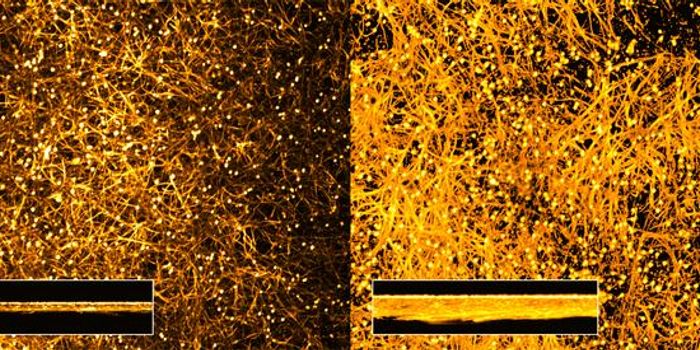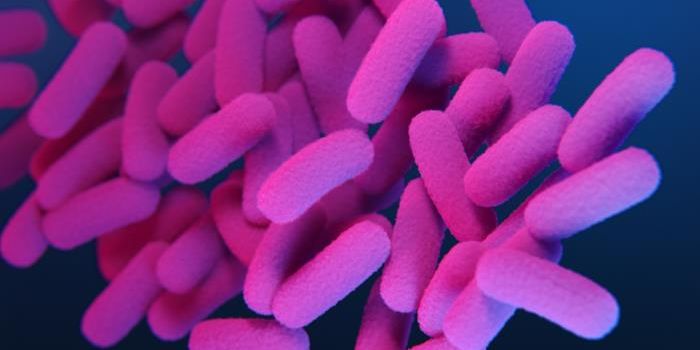Environmental Factors Drive Belly Fat Buildup
Our gut plays host to microorganisms that can be beneficial to us, aiding in digestion; but some of those microbes in the gut microbiome can have a bad influence on our health. Since belly fat is known to be linked to an increased risk of cardiovascular disease, type 2 diabetes, metabolic disorders, and other health problems, researchers wanted to investigate how the gut microbiome might be connected to abdominal, also known as visceral, fat. Reporting in Nature Genetics, they identified biomarkers that can indicate a predisposition to building up visceral fat; the study could be used to develop personalized treatments.
The scientists, at King’s College London, used stool samples to assess the gut microbes carried by 500 pairs of twins. Twins offer a unique opportunity to gain insight into how much influence genes have on a health condition. Since twins have the same genome, genetic disorders are far more likely to occur in both twins while the incidence of things caused by the environment will vary more from one twin to another.
The investigators found that hereditary factors were responsible for only 17.9 percent of processes in the gut; environmental influences, primarily diet, impacted 67.7 percent of the activity that was occurring in the gut. They concluded that food would be a good way to make major changes in both gut function and fat distribution in individuals.
“This study has really accelerated our understanding of the interplay between what we eat, the way it is processed in the gut and the development of fat in the body, but also immunity and inflammation. By analyzing the fecal metabolome, we have been able to get a snapshot of both the health of the body and the complex processes taking place in the gut,” explained the leader of the work, Dr. Cristina Menni of King's College London.
This work also generated a gut metabolome bank, a database they built of metabolic byproducts that other scientists can utilize. It may help determine ideal conditions in the microbiome, which could impact fat distribution in obese people. The database also connects chemical metabolites to specific microbes.
“This exciting work in our twins shows the importance to our health and weight of the thousands of chemicals that gut microbes produce in response to food,” said Professor Tim Spector, Head of the King's College London's Twin Research Group. “Knowing that they are largely controlled by what we eat rather than our genes is great news, and opens up many ways to use food as medicine. In the future, these chemicals could even be used in smart toilets or as smart toilet paper.”
“This new knowledge means we can alter the gut environment and confront the challenge of obesity from a new angle that is related to modifiable factors such as diet and the microbes in the gut. This is exciting, because unlike our genes and our innate risk to develop fat around the belly, the gut microbes can be modified with probiotics, with drugs or with high fiber diets,” added first author Dr. Jonas Zierer.
Sources: AAAS/Eurekalert! Via King’s College London, Harvard Medical School, Mayo Clinic, Nature Genetics









